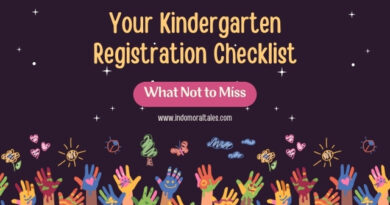Charity Begins at Home
Charity begins at home underscores an essential truth – that compassion and generosity form part of society through their foundation in children’s homes. Nurturing an appreciation of charity in children shapes their character and can help improve communities worldwide.
Quick Navigation
Volunteer as a Family
Volunteering as a family can be an excellent way to forge lasting bonds while making an impactful contribution to society.
Together you can search out volunteer opportunities suitable for everyone in the family – beach cleanups, soup kitchen serving, helping out at community gardens – these experiences all create memorable memories while reinforcing that charity is an individual pursuit.
Setting Giving Goals
Help your children make giving more rewarding by setting a giving goal over an established period, whether one week, a month or a year.
They should develop an aim of how much money or goods they would like to donate over that period – tracking progress towards this goal gives a sense of achievement while encouraging children’s commitment towards charitable actions.
Acknowledging and Celebrating Acts of Charity
Positive reinforcement can motivate children to keep participating in charitable acts, so celebrate all efforts, no matter how small.
Display photos and notes documenting all the charitable actions your family has experienced on your “charity wall,” providing visual reminders that everyone in your household is making an impactful difference together.
Encourage Selflessness Over Recognition
In this age of social media and instant gratification, teaching children the value of charity must not involve seeking recognition or praise – instead, it must include giving freely without expecting anything back; to learn this vital lesson while stressing humility as part of selfless service that positively impacted someone even if that impact went unrecognized by others.
Teaching kids about healthy hygiene habits
Foster Gratitude
Helping children appreciate their privileges can encourage a sense of giving back. Encourage conversations about gratitude and sharing one’s blessings with those less fortunate, such as writing thank-you notes to people who had helped your family, reflecting on moments when assistance was offered to you, or reflecting on when service was received from someone.
Engage your kids in activities designed to foster empathy by writing thank-you notes or reflecting upon past assistance received or participating in activities designed to develop empathy such as writing thank-you notes as ways of showing appreciation or reflecting when service has been received or reflecting upon times when aid has been extended in your lives or both ways!
In our increasingly interdependent world, charity begins at home rings especially true. Parents possess an unparalleled opportunity to shape the values and nurture a spirit of generosity among their children through leading by example and encouraging participation in decision-making processes;




